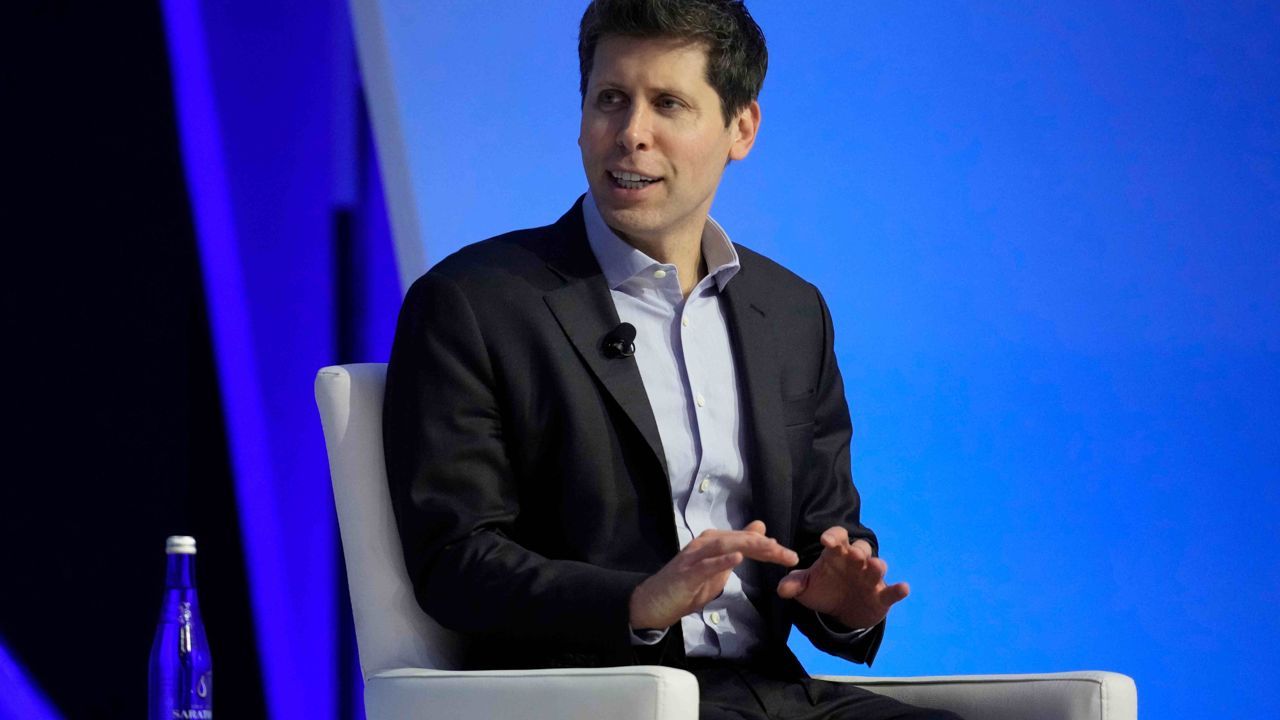OpenAI CEO speaks on Elon Musk's lawsuit
OpenAI CEO Sam Altman addresses lawsuit filed by co-founder Elon Musk, emphasizing uncertainty regarding motives

OpenAI, the organization behind ChatGPT, is embroiled in a legal dispute with one of its founders, Elon Musk, marking a pivotal moment in its journey.
Musk filed a lawsuit against OpenAI and its CEO, Sam Altman, alleging a breach of contract.
The lawsuit revolves around OpenAI's transition from its initial non-profit status to a for-profit model, which Musk contends violates the organization's founding principles. In response, Altman has defended OpenAI's pivot, citing the need to "productize" to secure essential capital for growth.
The legal battle underscores broader questions surrounding the intersection of technological innovation, corporate governance, and ethical considerations in the burgeoning field of artificial intelligence.
OpenAI's trajectory from a visionary non-profit venture to a commercially oriented entity reflects the evolving landscape of AI research and development. However, it also raises concerns about the potential divergence from its original mission of promoting AI for the public good.
The lawsuit has garnered significant attention within the tech community, sparking debates about AI organizations' responsibilities and obligations to society.
Critics argue that OpenAI's pursuit of profit may compromise its commitment to ethical AI development and transparency. Musk's involvement adds another layer of complexity, given his influential role in shaping public discourse on AI and technology.
Altman's response to Musk's lawsuit has been measured. He acknowledges the seriousness of the allegations while expressing a desire for an amicable resolution.
He emphasizes the importance of maintaining integrity and transparency in OpenAI's operations, regardless of the legal outcome. Meanwhile, Musk's demands for open-sourcing OpenAI's technology underscore broader concerns about intellectual property rights and access to AI advancements.
As the legal proceedings unfold, the case serves as a cautionary tale for AI organizations navigating the delicate balance between innovation, profitability, and societal impact. It highlights the need for robust governance frameworks and ethical guidelines to ensure that AI technologies benefit humanity while addressing potential risks and challenges.
Ultimately, the lawsuit's outcome may shape OpenAI's future trajectory and influence the broader AI ecosystem.
Source: Newsroom









